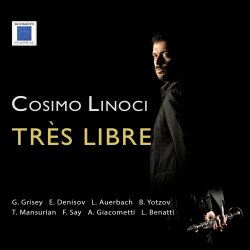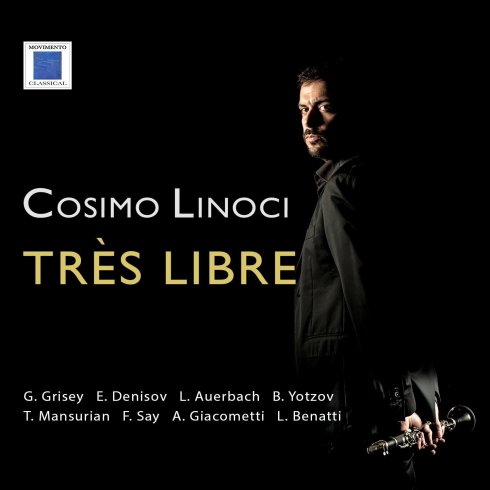

Trés Libre
In a letter to his publisher, dated 27 October 1888, Anton Cechov expresses in a few lines a fundamental concept forali creatives: "it is not the artist's business to solve problems that require a specialist's knowledge . lt is a bad thing ifa writer tackles a subject he does not understand . (...) An artist must only judge of what they understand, their field is as limited as the one of any other specialists, I repeat this and always insist on it. An artist observes , selects, senses , combines ; t his, in itself, presupposes a problem in its own principle: unless he has set himself a problem from the very first, there would be nothing to sense and nothing to select ".
Très libre then guesses and selects, teliing, above ali, about authors in urgent search of their own expressive freedom beyond the boundaries of impositions through passages that, inevitably, become biographical windows on complex existen ces: Denisov's journey towards avant - garde languages despite the censorship of the Soviet regime ; the search of one's origins through the transfigured Armenian folklore of Mansurian; Grisey 's considerations on perception of time. The idiomatic nature of the clarinet is, at the same time, both confirmed and questioned : the cantabile quality in Auerbach, the inclination to agility in Yotzov and Say, the onomatopoeic qualities in Giacometti, the timbrai possibilities in relation to electronics in Benatti.
In his launching work, Linoci guesses, chooses, and gathers the fruits of almost twenty years of work as an interpreter of 20th-century and contemporary music, not only revealing an extraordinary quality of sound and unfolding technical means reserved to a few, but also surpassing the ordinary use of the instrument to venture into the territory of extended techniques, always rendered in a clear and refined manner.


